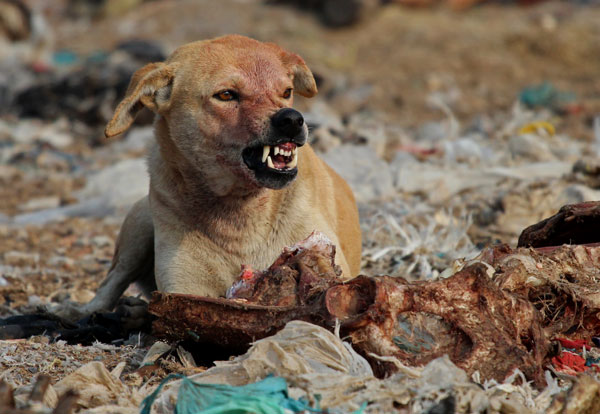
Looking at framing in relation to the researched demographic contexts, most patterns were found on the level of topics symbolic convergence in lines of reasoning and composite framing was less prominent in groups based on single demographic contexts than anticipated. The framing of animal farming and meat consumption in everyday-life is not a simple one-issue rational display of facts people referred to a vast range of topics in the categories knowledge, convictions, pronounced behaviour, values, norms, interests, and feelings.

We describe the methodological steps of collecting, coding, and organizing the variety of encountered framing topics, as well as our search for symbolic convergence in groups of consumers from different selected demographic contexts (country, urban-rural areas, gender, age, and education level). This article presents the results of an in-depth qualitative inquiry into the content of and contextual patterns in the everyday-life framing regarding this issue, performed among consumers in various settings in two extremes in the European sphere: The Netherlands and Turkey. In various contexts, people talk about animal farming and meat consumption using different arguments to construct and justify their (non-)acceptability.


 0 kommentar(er)
0 kommentar(er)
